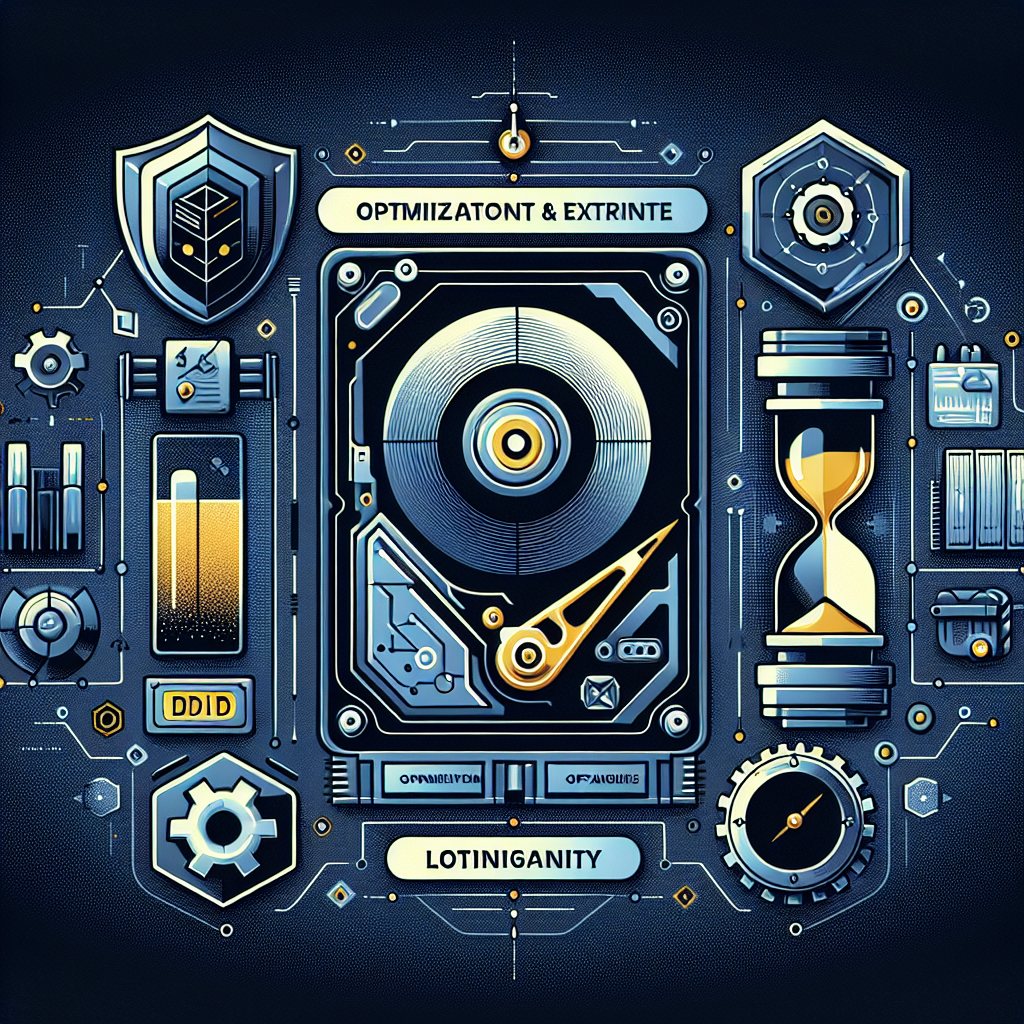Fix today. Protect forever.
Secure your devices with the #1 malware removal and protection software
Hard disk drives (HDDs) are an essential component of any computer system, storing all of your important data and files. To ensure optimal performance and longevity of your HDD, it is important to follow some key tips and best practices.
1. Keep Your HDD Cool: Heat is one of the biggest enemies of HDDs, as it can cause components to expand and contract, leading to potential damage. To prevent overheating, make sure your computer is well-ventilated and free of dust. You can also consider adding additional cooling fans or a cooling pad to keep your HDD at a safe temperature.
2. Defragment Your HDD Regularly: Over time, files on your HDD can become fragmented, meaning they are stored in multiple locations on the disk. This can slow down performance as the drive has to search for the different parts of a file. By regularly defragmenting your HDD, you can reorganize files for faster access and improved performance.
3. Avoid Physical Shock: HDDs are sensitive to physical shock and vibration, so it is important to handle them with care. Avoid dropping or jarring your computer while it is running, as this can potentially damage the HDD and lead to data loss. If you need to transport your computer, consider using a shock-proof case or padding to protect the HDD.
4. Update Your HDD Firmware: Manufacturers often release firmware updates for HDDs to improve performance, fix bugs, and address security vulnerabilities. It is important to regularly check for and install these updates to ensure your HDD is running at its best.
5. Monitor Your HDD Health: Many HDDs come with built-in monitoring tools that can provide valuable information about the health and performance of the drive. By regularly checking these tools and monitoring factors such as temperature, SMART status, and bad sectors, you can catch potential issues early and take action to prevent data loss.
6. Backup Your Data: Despite your best efforts, HDDs can still fail unexpectedly. To protect your important data and files, it is essential to regularly back up your HDD to an external storage device or cloud service. This way, even if your HDD does fail, you can easily recover your data and minimize the impact of the failure.
By following these tips for optimizing performance and longevity of your HDD, you can ensure that your data remains safe and your computer runs smoothly. Taking care of your HDD will not only extend its lifespan but also improve your overall computing experience.
Fix today. Protect forever.
Secure your devices with the #1 malware removal and protection software

Leave a Reply
You must be logged in to post a comment.